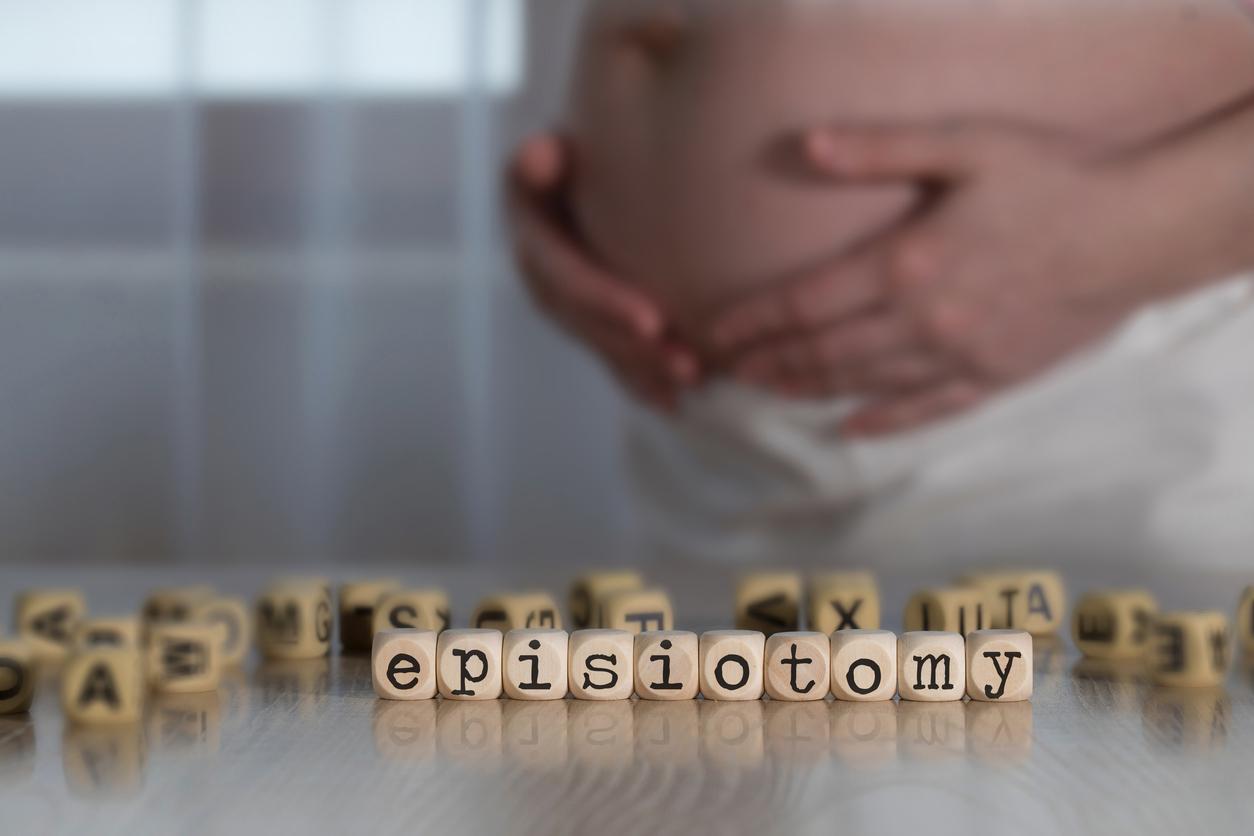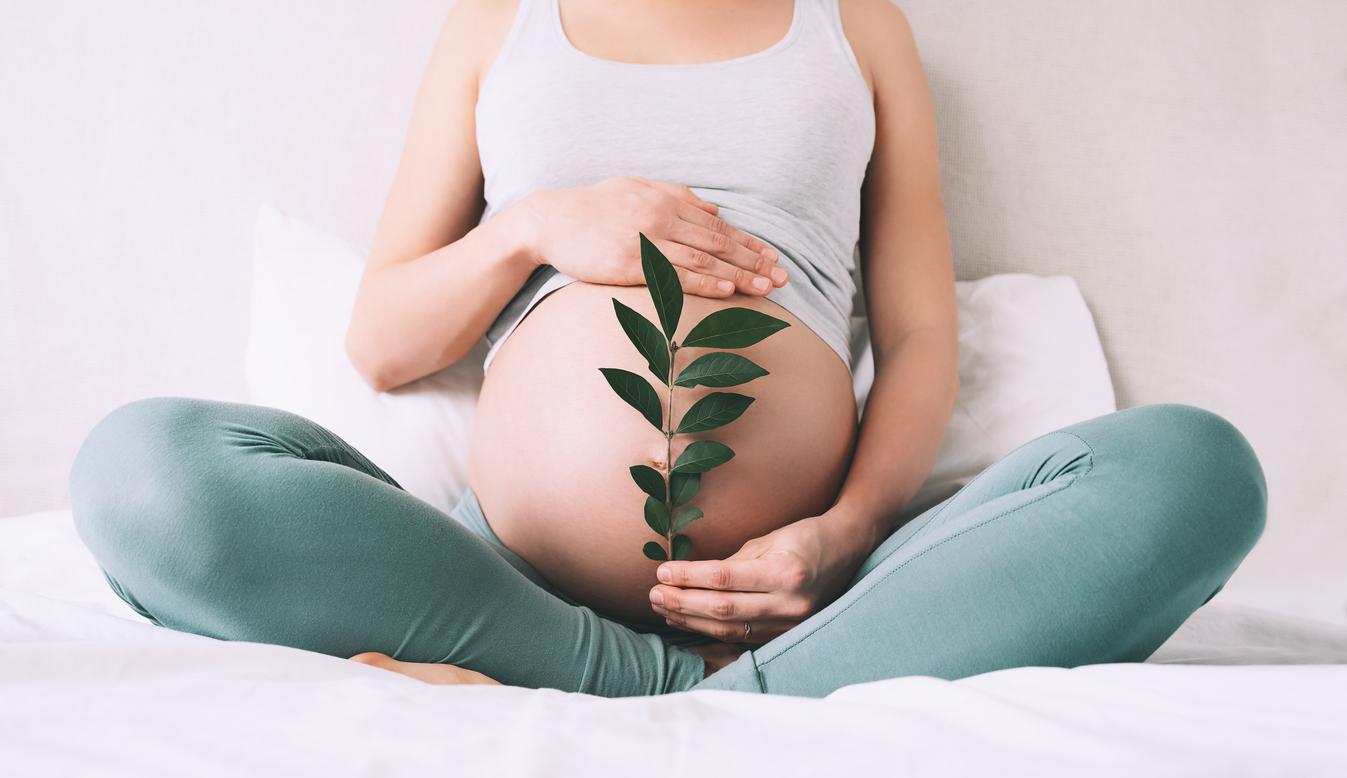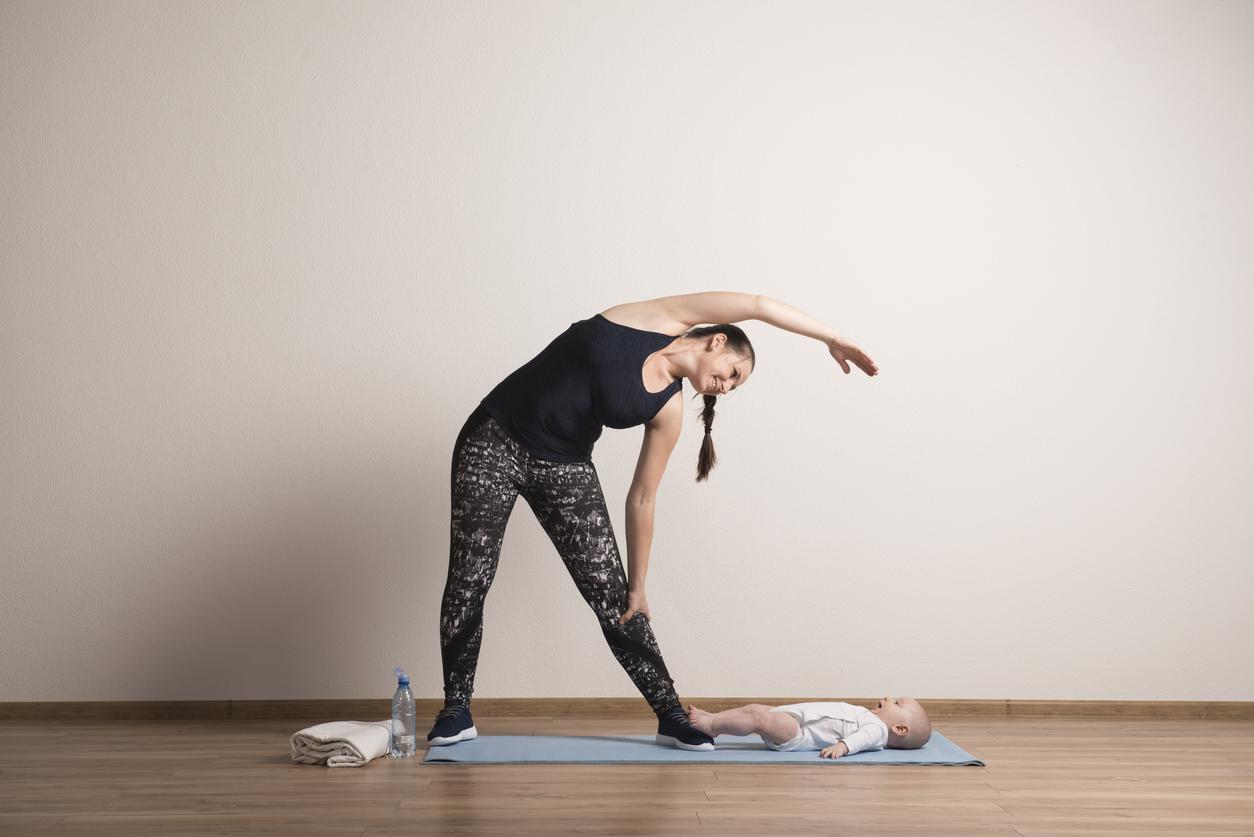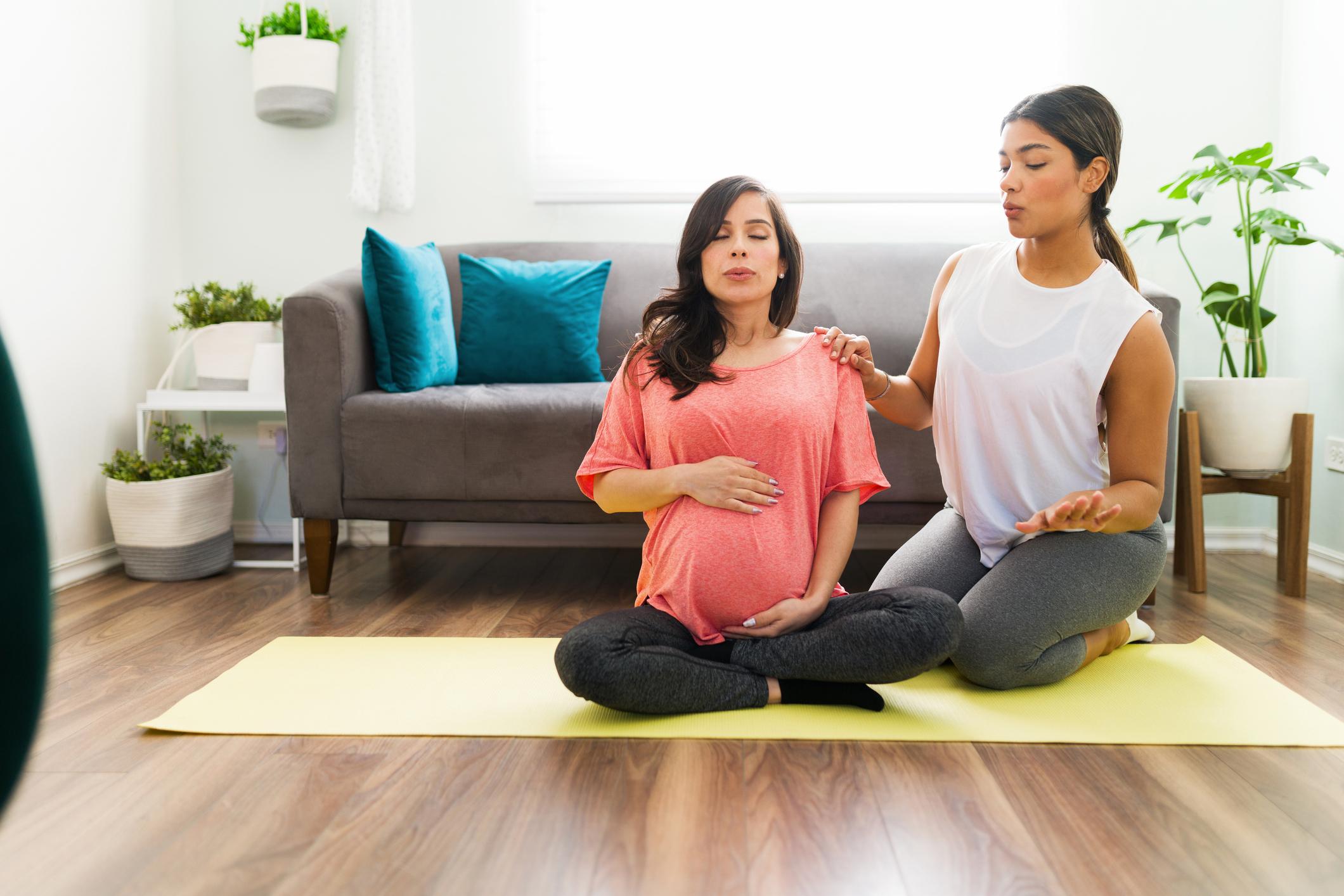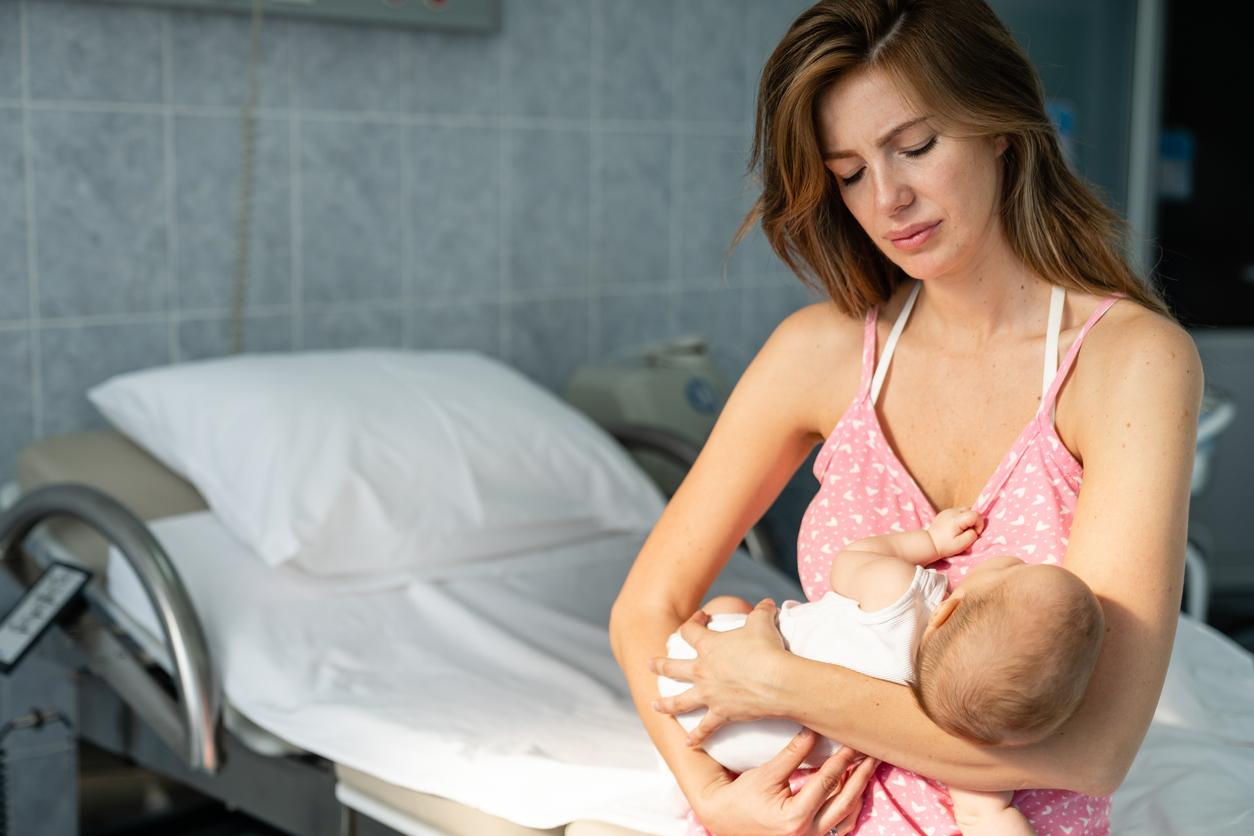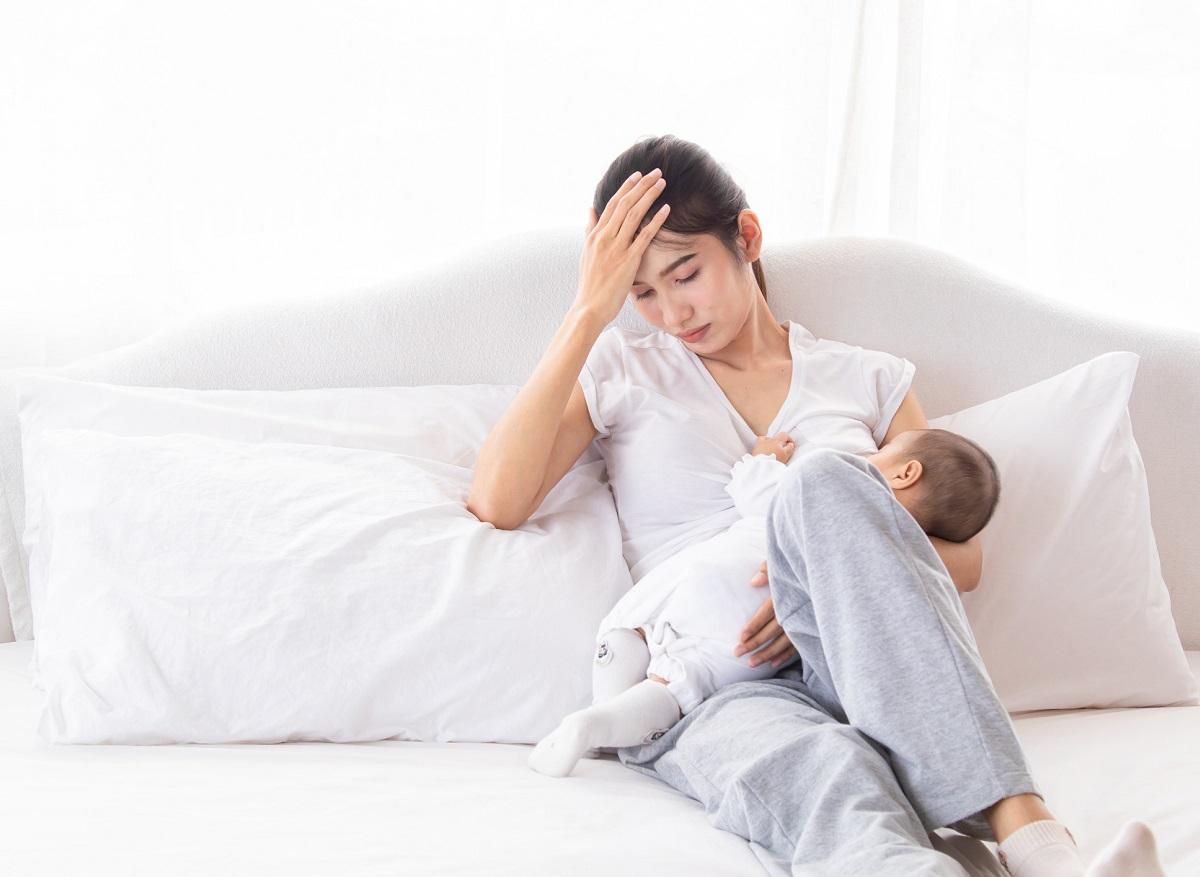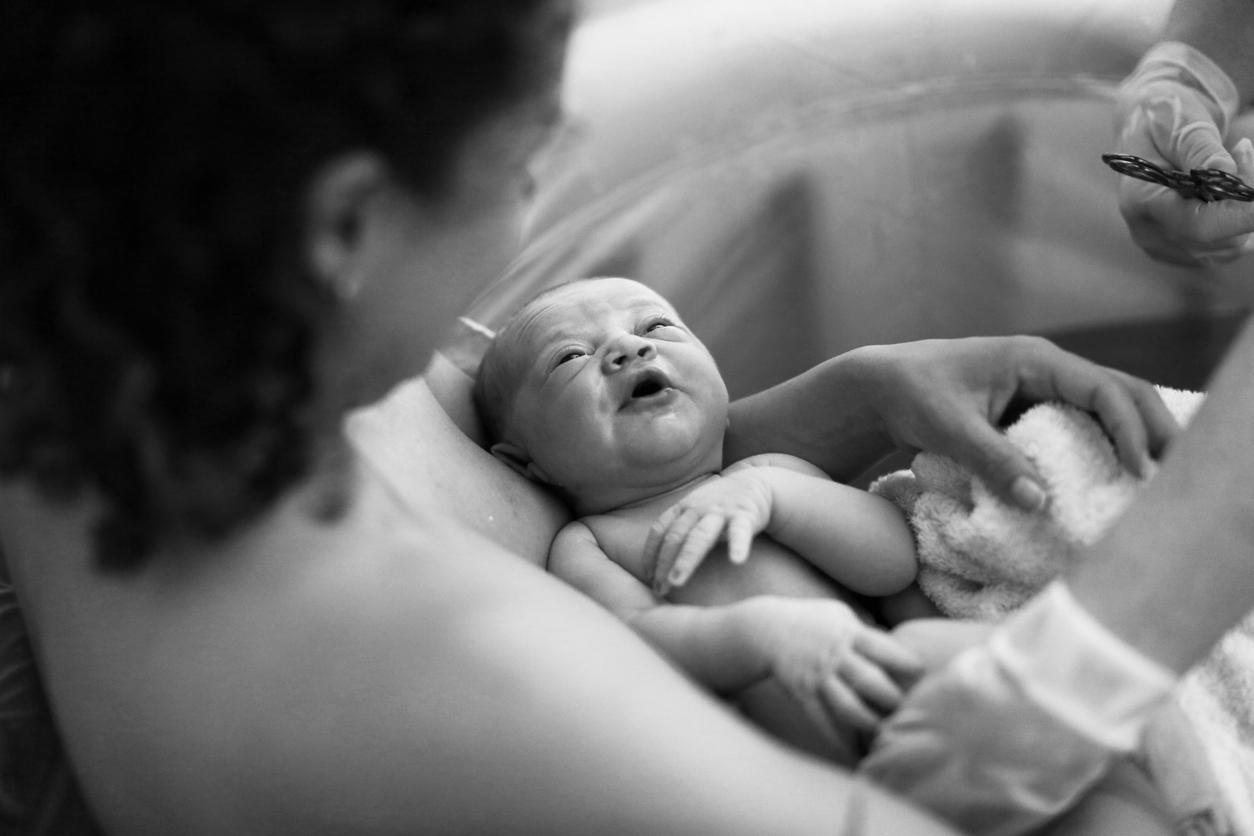Yoga classes, massage parlor, appointed nanny, chefs available at all times … This is not a 5-star hotel but a post-natal rest center in Shanghai. In China, tradition has it that a woman who has just given birth spends a month with her baby confined and pampered. The young mother should limit her efforts, not expose herself to drafts and avoid spicy foods.
If they often stay at home, specialized centers are multiplying and offer a luxury service for monthly stays of 70,000 yuan or about 9,400 euros. Yu Xueting, 34, chose this option after the birth of her little Kangkang. “We preferred to find a professional structure to take care of our baby. We had no experience in this area,” she told AFP.
Everything is organized to ensure post-natal rest. Nurses, caregivers and coaches ensure the well-being of the mother and her child, a nanny sleeps in the same room as them. A photo studio immortalizes the first moments of the child. We even teach women to take care of their child, and themselves at the same time. Fathers are welcome to stay in the establishment but are generally content with visits.
Increasingly strong demand
Yu Xueting sees this stay as a way to “free the family”. “If we bring the baby home straight away, nobody will be able to have a good night’s sleep. I have maternity leave, so for me it’s fine, but my husband has to go to work every day”, she summarizes. .
The tradition of post-natal rest dates back to 2000 BC, as recalled by Elizabeth Hui-Choi, senior lecturer at the School of Nursing at the University of Hong Kong. Women had to follow a special diet and care to ensure their good health and that of the child by avoiding any action likely to upset the thermal and spiritual balance of the body.
According to the Legal Daily, a Chinese state newspaper, the number of centers has increased sharply in recent years. While there were only a few dozen in 2000, they were more than 4000 in 2017. An increase which can be explained by the fact that Chinese women are studying more and therefore have their first child later, the grandparents being therefore older have less facility to help them. The rapid rise in living standards over the past 30 years also makes it possible to afford this type of stay. Finally, the relaxation of the birth restriction policy in 2015 also played a role.
Read also :
A test to detect a premature birth
Cesarean section increases health risks
Childbirth: the most common medical procedures near you








